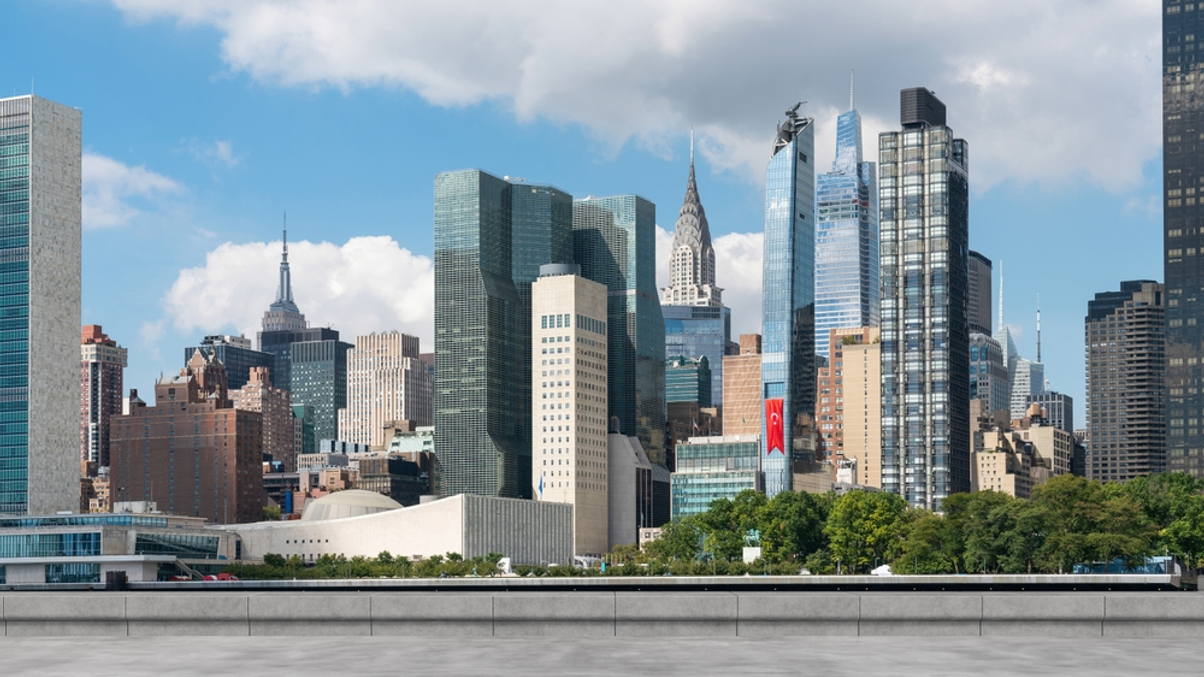Korean institutional investors snub US real estate
Institutional investors hurt by current price falls may not return until 2029, according to one expert.

Korean investors may not return to the US commercial real estate market until 2029, as an increasing number of them wrestle with defaults on loans they have extended, according to a leading lawyer in the region.
Sign in to read on!
Registered users get 2 free articles in 30 days.
Subscribers have full unlimited access to AsianInvestor
Not signed up? New users get 2 free articles per month, plus a 7-day unlimited free trial.
¬ Haymarket Media Limited. All rights reserved.


